Excelling through the arts
The importance of the arts in a well-rounded education
March 5, 2015
Upon passing by the band room on an early Tuesday morning, one may be serenaded by the sounds of complete chaos: randomization of scales, eardrum shattering attempts at “high C’s” in the trumpet section, and the flamboyant display of percussive obnoxiousness can all culminate into a cataclysmic roar.
This overwhelming avalanche of sound is not all for nothing however; in a few seconds the train of noise comes to a screeching halt. Under the direction of one single individual – Mr. Leve – the avalanche is converted into a gliding river of sound, the contradicting notes magically combined into one synonymous ebbing and flowing sine wave. The synchronization of noise and mind are brought together into the poetry of song. Similar to the noise that initially seemed arbitrary but developed into something beautiful, the arts program at Manitou has taken painstakingly long to develop, it’s been ever so worth it.
This year marks a gigantic leap forward in the expansion of Manitou Springs High School’s arts program. Longtime theatre teacher Wendy Harms has brought on an official assistant director, 2011 Manitou graduate Krista McCann. The district has hired two new band directors, Mr. Terry Leve and Mr. Daniel Trammel, and distinctly split the positions into high school and middle school. The choir program is also under the new leadership of Mr. Ray Killian, who preceded this position as the director of the after-school arts program, FAIM. Soon, an orchestral program will also bridge the gap between middle and high school. In addition to all this, a new Music Theory class is being offered, which has grown exponentially bigger, according to Max Hexom, Manitou sophomore and symphonic and jazz band student.
While these changes do invoke excitment, the expenditures in the arts program could leave some tax payers concerned about their children’s – and future generation’s – education, begging the question: are we putting our money where we should be?
The answer to that is a resounding yes, due to the infinite number of benefits that originate from music (or any of the arts for that matter) most of which deviate from the effect acting, singing, and playing music has on the human brain.
As most of us have learned, there are two sides to our brains. They control different sides of our body, but what we may not all think about is how certain subjects require more from one side of our brain than the other. For example, the left side of the brain is good with working with numbers, thinking critically, memorization, and looking at problems logically – otherwise known as most of the subjects students are required to take at school (with the exception of English) Our right brain is accessed mostly for creative thinking, imagination, and artistic cognitive functions. It’s rare in an education to find a class or subject offered that has the ability to syncopate these two particular areas of thought . The arts are where this balance is achieved.
Terry Leve, the high school band director, is of the belief that in his class students can discover new ways of thinking, as the music can have an “emotionally positive effect” on those infused in such an environment. In terms of emotional benefits, the type of music can have an effect on the experience one has when listening to it. Heriot-Watt University has a study based on these examples, their results show that Jazz and Symphonic music have the best overall emotional benefits – specifically in terms of self esteem and creativity. This study, the-surprising-science-behind-what-music-does-to-our-brains, also outlined numerous other ways white noise and low levels of music can vastly improve productivity.
High school is essentially the most emotionally unstable time in a individual’s life, as raging hormones are wreaking havoc on the stability of the adolescent developing brain. An expanding arts program could be perhaps the best way to battle this see-saw like balance between the ups and downs in the emotions of the average teenager.
While true results can never be concluded, the connections between vastly successful individuals and backgrounds in music is more than just coincidence – more often than not a major “rep” or company CEO has attended college with a major in music. Alan Greenspan (Former chairman of the Federal Reserve), Bruce Knover (Hedge Fund), Woody Allen, Paul Allen (co-founder of microsoft), even Stephen King plays guitar and sings in a rock group; in fact, the first man on the moon played baritone saxophone. Logically, it makes sense, as critical and creative thinking are heightened during a performance or while practicing. From a young age these indivudials were excersizing the full capabilities of their brains.
Towards the drama side of things, on-your-feet thinking, coordination, and personal connections are more than necessary when working on a major production or musical. Most directors, like Wendy Harms – who is in fact so busy she is currently “living and breathing two productions right now” – essentially become a jack of all trades due to sheer amount of work and moving parts they become involved in. The New York times covers the entirety of the subject in depth here.
From the high voltage of energy that vibrates on waves of the pep band’s screaming high notes during assemblies, to tidal-wave emotions brought on performances of “The Diviners”; Between the sonorous tranquility of the thought binding, esteem heightening accomplishments of our Symphonic Band and welcoming, open hearted atmosphere of the family we call our Choir,
Manitou lives and breathes the arts. They inspire our next generation, and spur on with grace the one we live in. We live in a time when creativity and abstract connections are no longer abundant resources. This expansion of our programs is not only a vital counterbalance to the seemingly too concrete school of thought; it’s the edge that Manitou has over other schools, it is truly an intangible benefit that extends far beyond any concern a price tag could be attached to at a budgetary level.

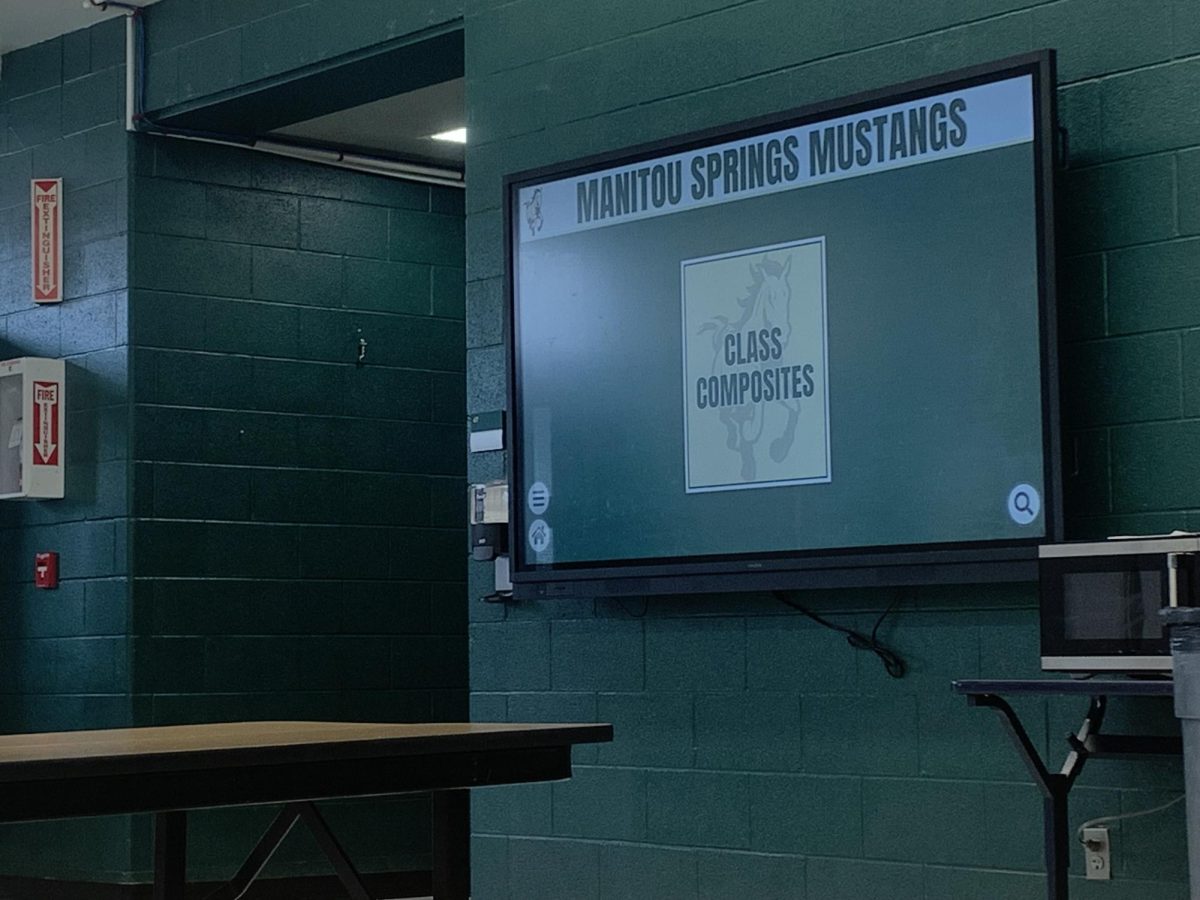
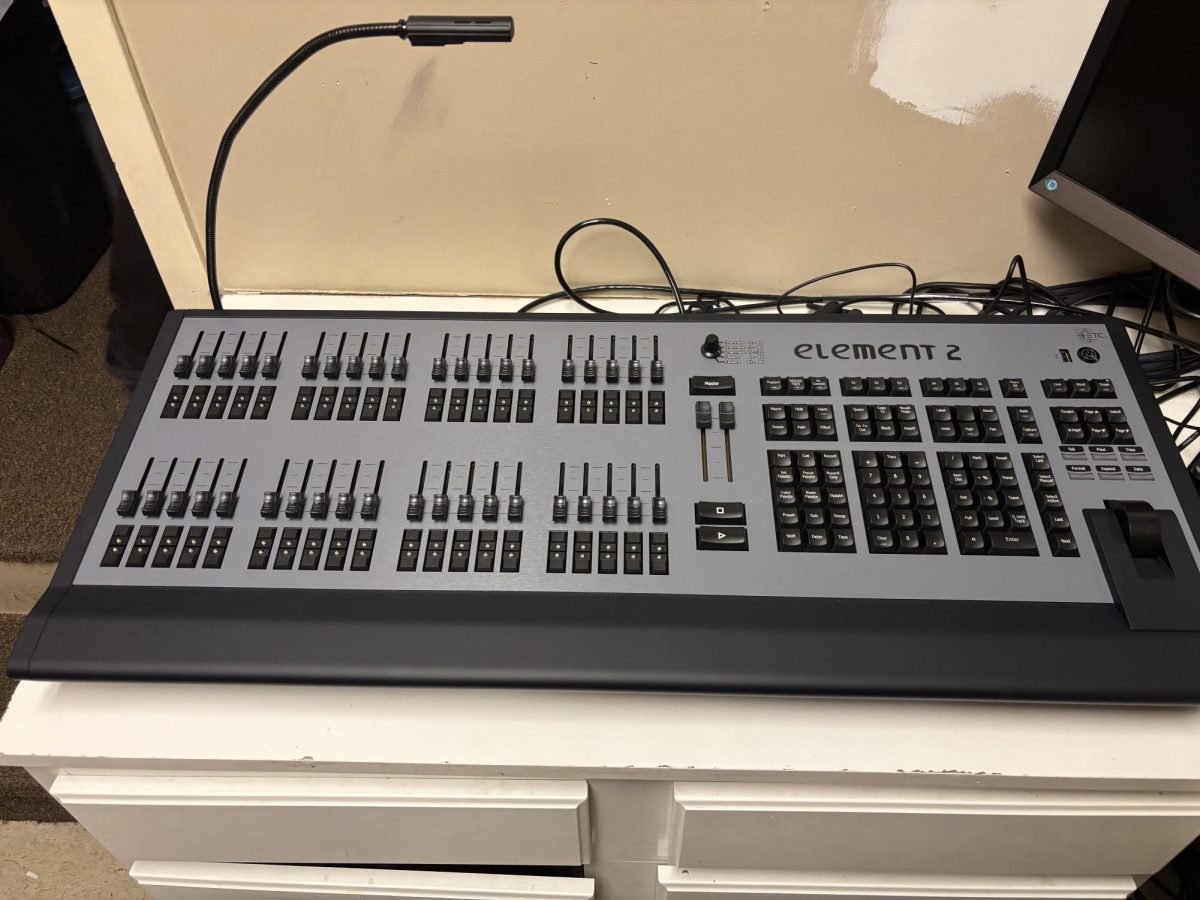











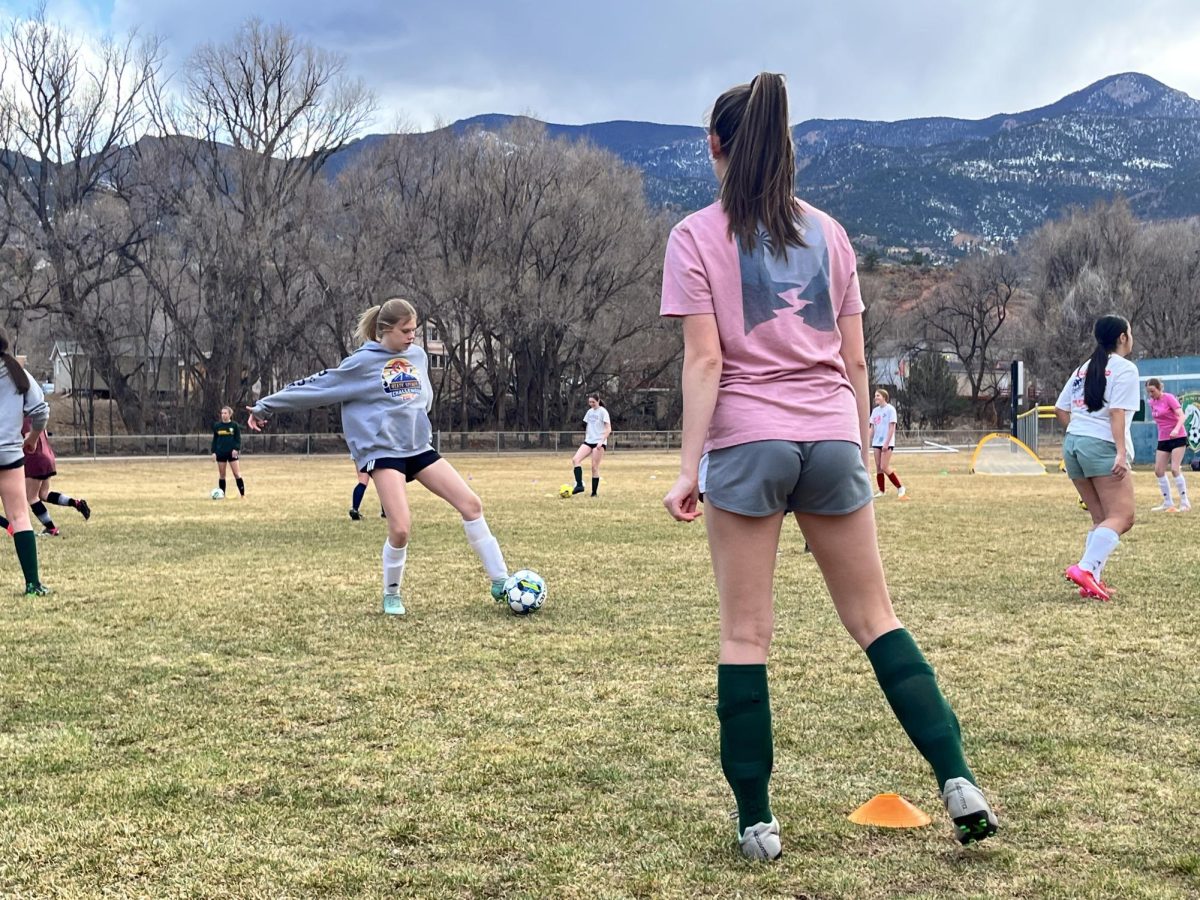




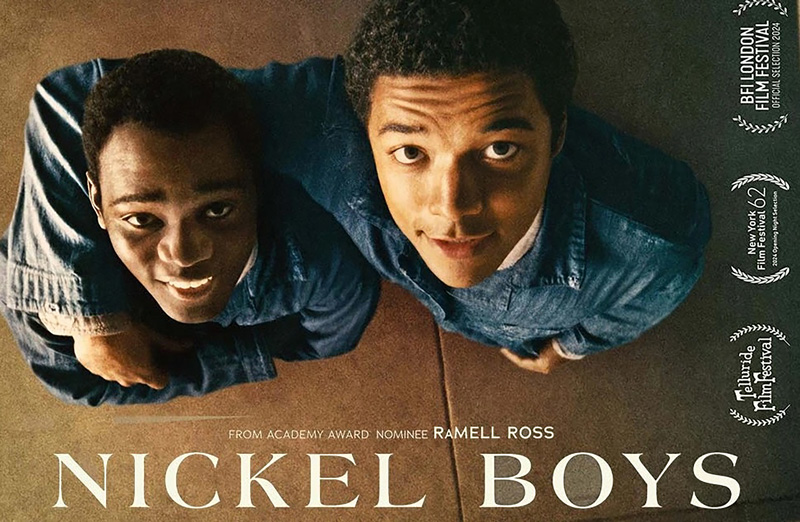


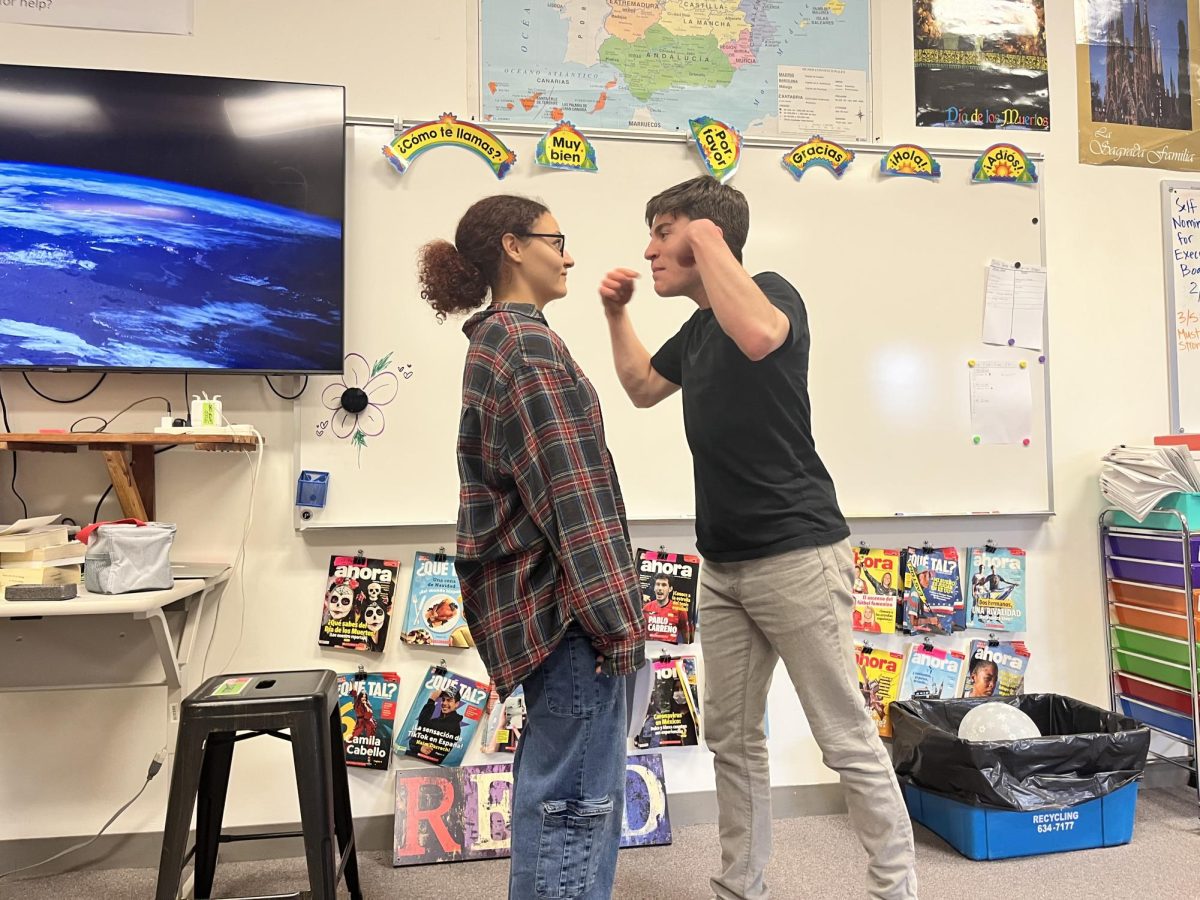

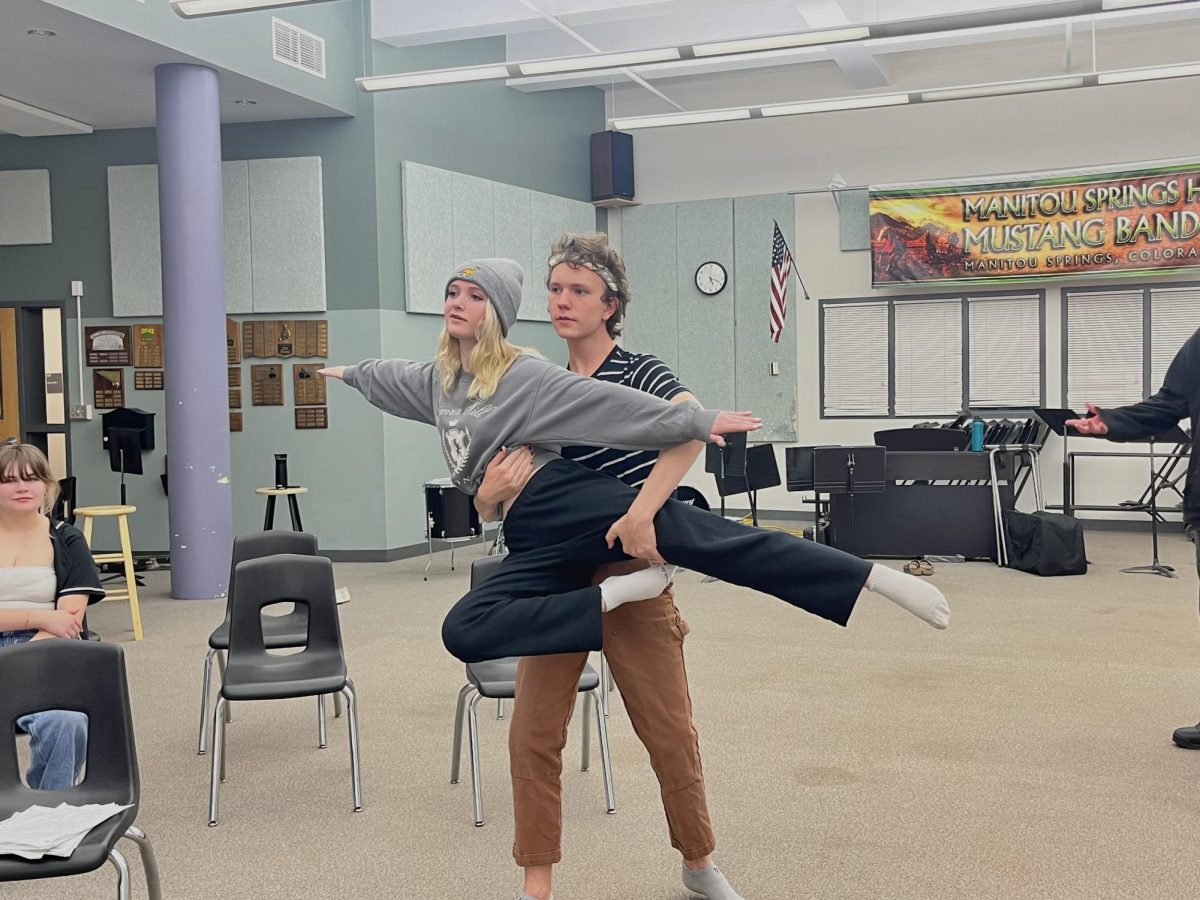









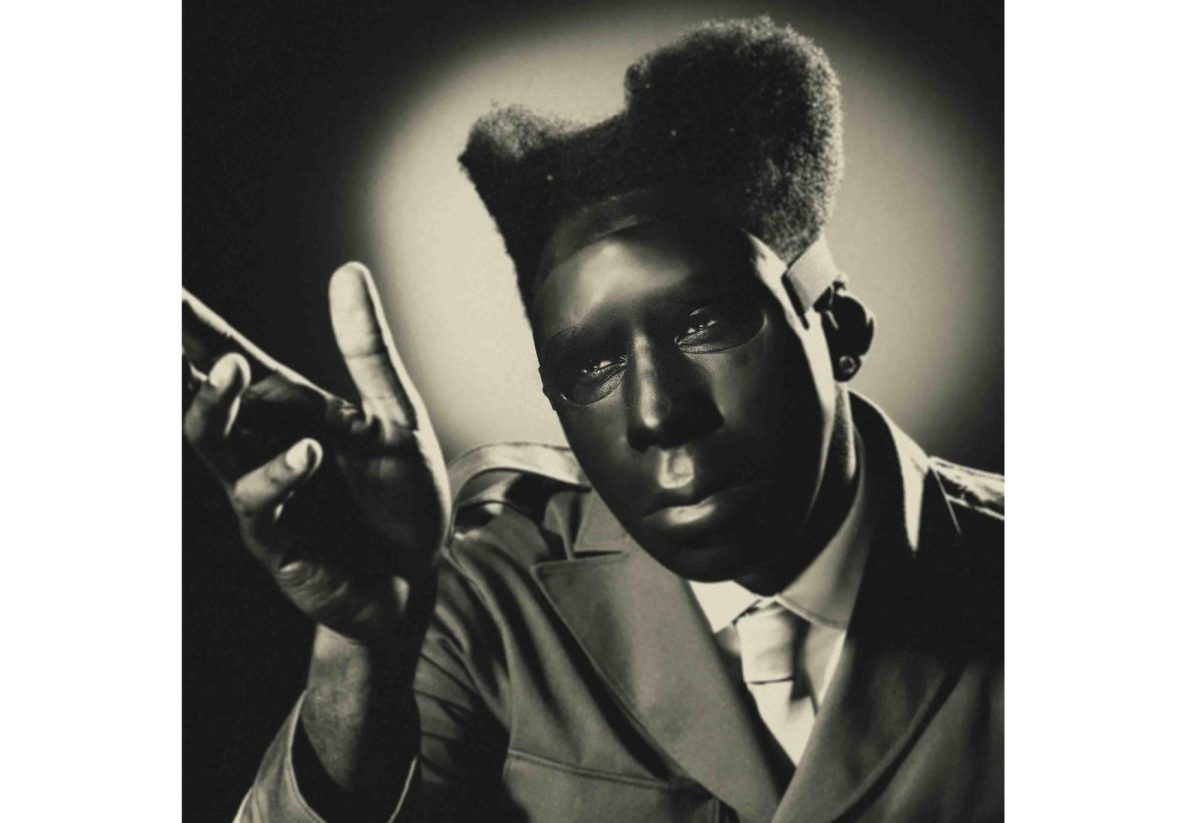











Annie Buck • Mar 11, 2015 at 4:48 pm
This article is so well-crafted and thought out. Music is important for our minds, emotions and spirits. Manitou’s Arts program is to be envied, especially the Band program. Rock on, Drummer Boy!